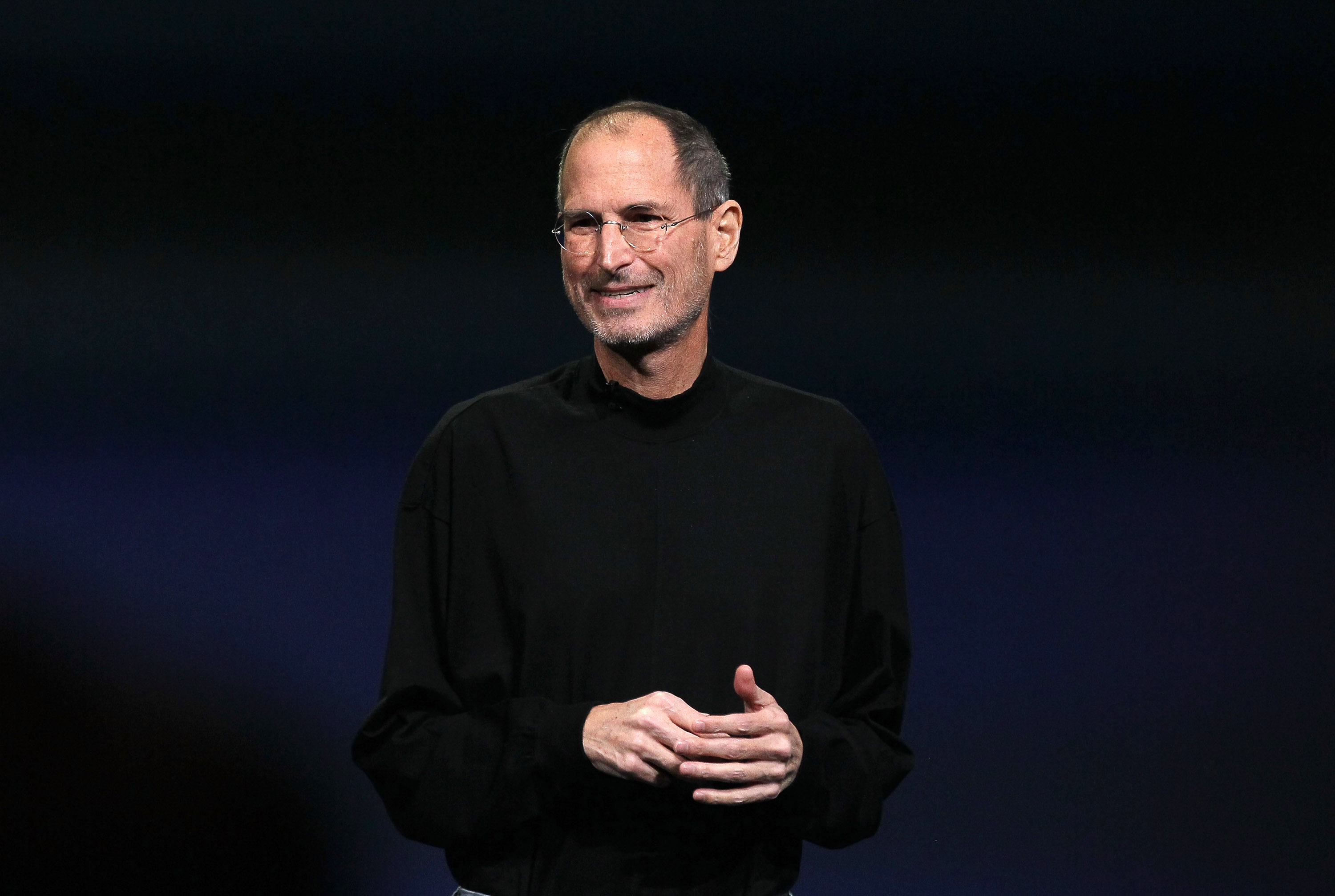Ladders is no stranger to looking to the past to glean helpful tips for the present.
A young Elon Musk taught us to patten our risk with research, a young Bill Gatestaught us to brandish variety as a tool against burnout, and a young Thomas Jefferson taught us to the value of being polymathic. All conventional nuggets endorsed by objective success.
Sometimes wisdom is attended by less traditional methods. In fact, the late Steve Jobs was a famous patron of clairvoyance over practicality. Meditation, mindfulness and intuition, he believed fortified that kind of success only achieved by those that were truly great.
Jobs and mindfulness
“…that’s when your intuition starts to blossom and you start to see things more clearly and be in the present more. Your mind just slows down, and you see a tremendous expanse in the moment. You see so much more than you could see before.”- Steve Jobs
Before his renowned tech success, Jobs experimented with eastern practices in his youth, dropping out of Reed College in 1972 before traveling to India to imbibe the teachings of Zen Buddhism. Later in life, he evidenced many of the things he learned during that time while nurturing his corporation.
His colleagues would often remark upon his bare-foot saunters. While brainstorming and before meetings the famous investor would walk around without any shoes, in attempt to boost creativity and cognition- he was an avid jogger for this reason as well.
The massive success Jobs acquired is enough to grant mindfulness a consideration but experts additionally ratify his process, especially as it relates to work productivity and satisfaction.
CEO Magazine published a piece just this month categorizing all the ways moment to moment self-awareness serves better workflow. When employees are mindful, work culture thrives, with less mental fatigue, higher emotional intelligence and surges of productivity.
A study conducted by a team of researchers in Singapore titled, A Mindfulness Intervention for Middle Manager Well-Being propound mindfulness as a way to spurn burnout. He mind in beholden to the present is better suited to detach itself from toxic preoccupations.
An actual observed methodology separates Job’s famed trust of “gut feelings” from the illusory. Intuition can sometimes be a more fruitful resource than the conscious mind. The kind of unexplainable decisions that galvanize revolutions are influenced by our inner voice. It defies conventional insight and correctly determines which risks are worth taking. On this matter Jobs says, “The people in the Indian countryside don’t use their intellect like we do, they use their intuition instead, and their intuition is far more developed than in the rest of the world. Intuition is a very powerful thing, more powerful than intellect, in my opinion. That’s had a big impact on my work.”
Originally published on Ladders.
Sign up to receive daily news, inspiration, and advice on how to master work and life from Ladders.
Follow us here and subscribe here for all the latest news on how you can keep Thriving.
Stay up to date or catch-up on all our podcasts with Arianna Huffington here.


